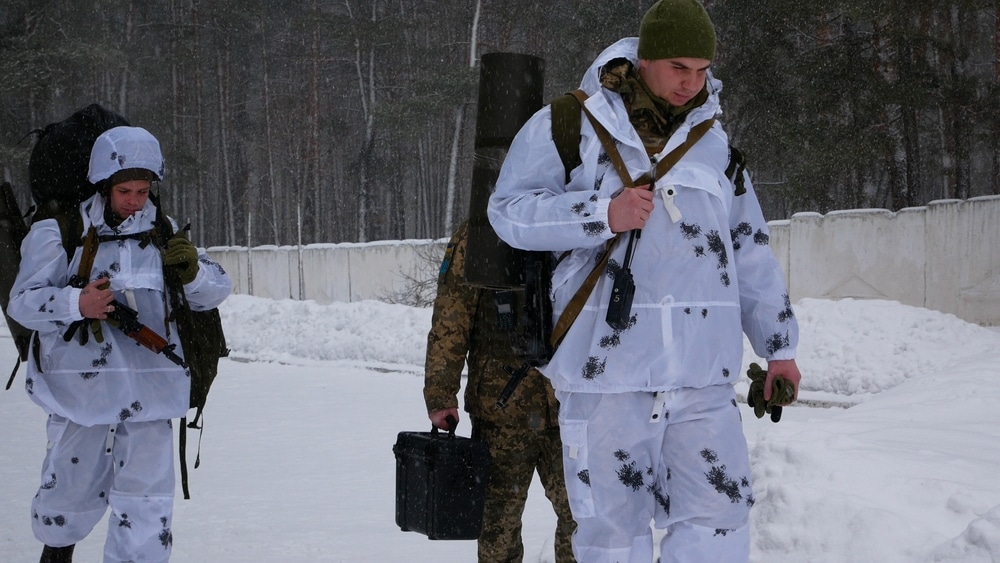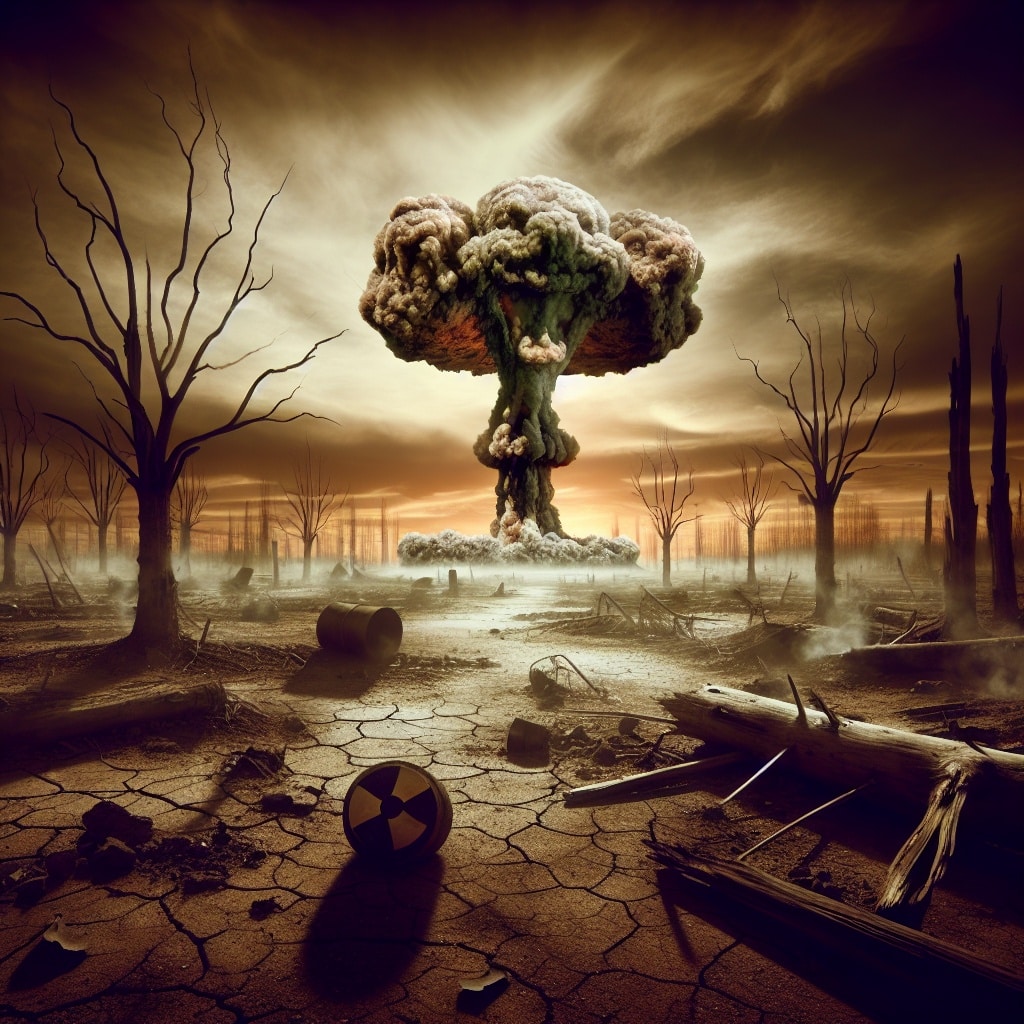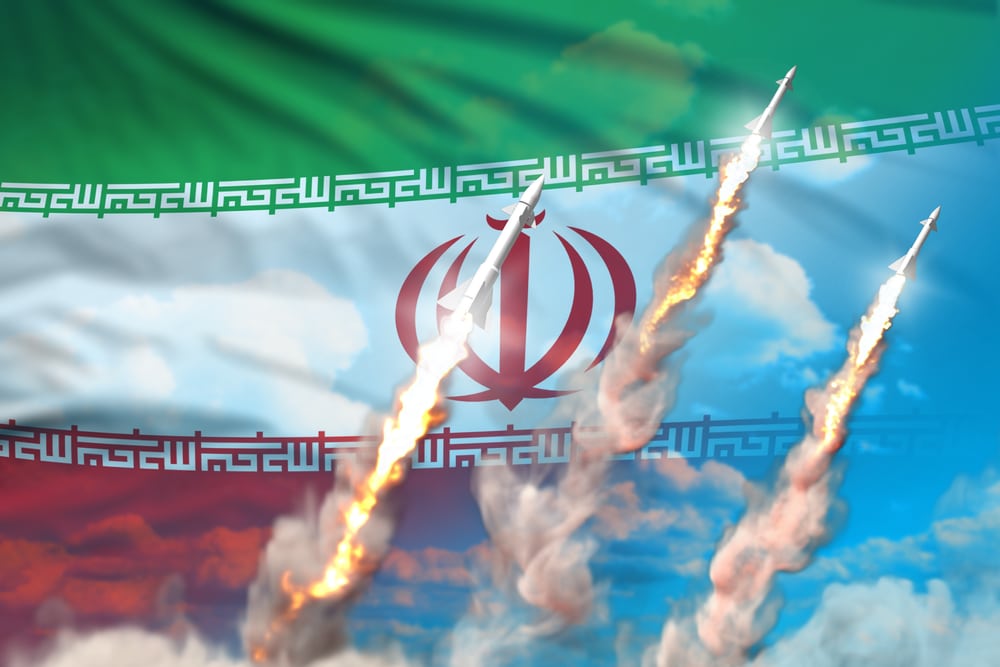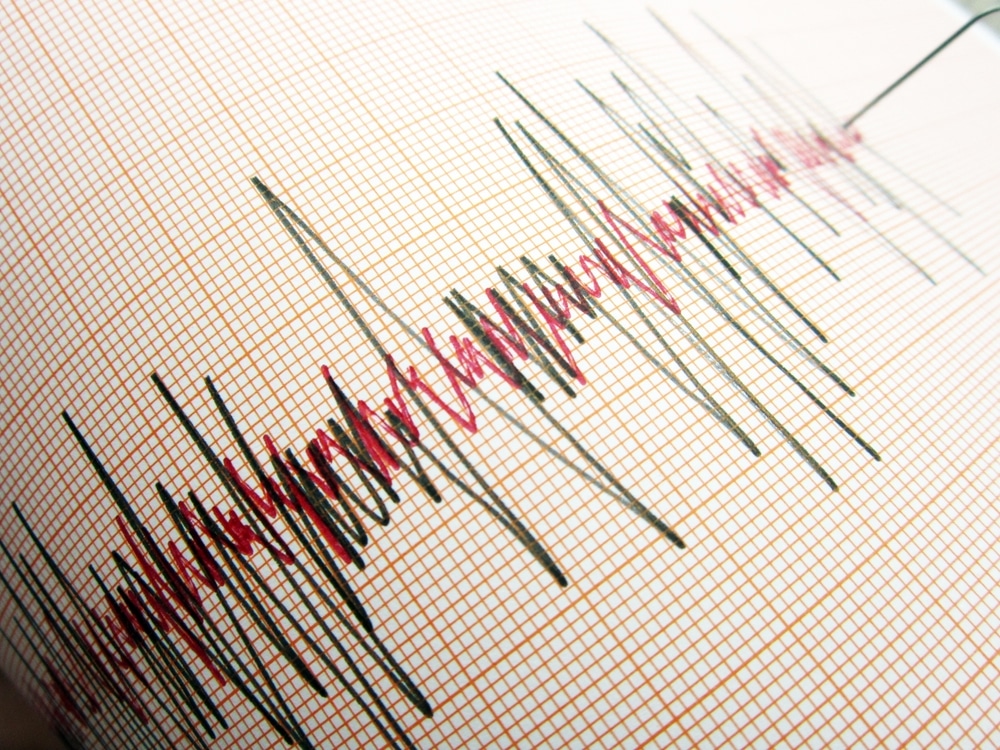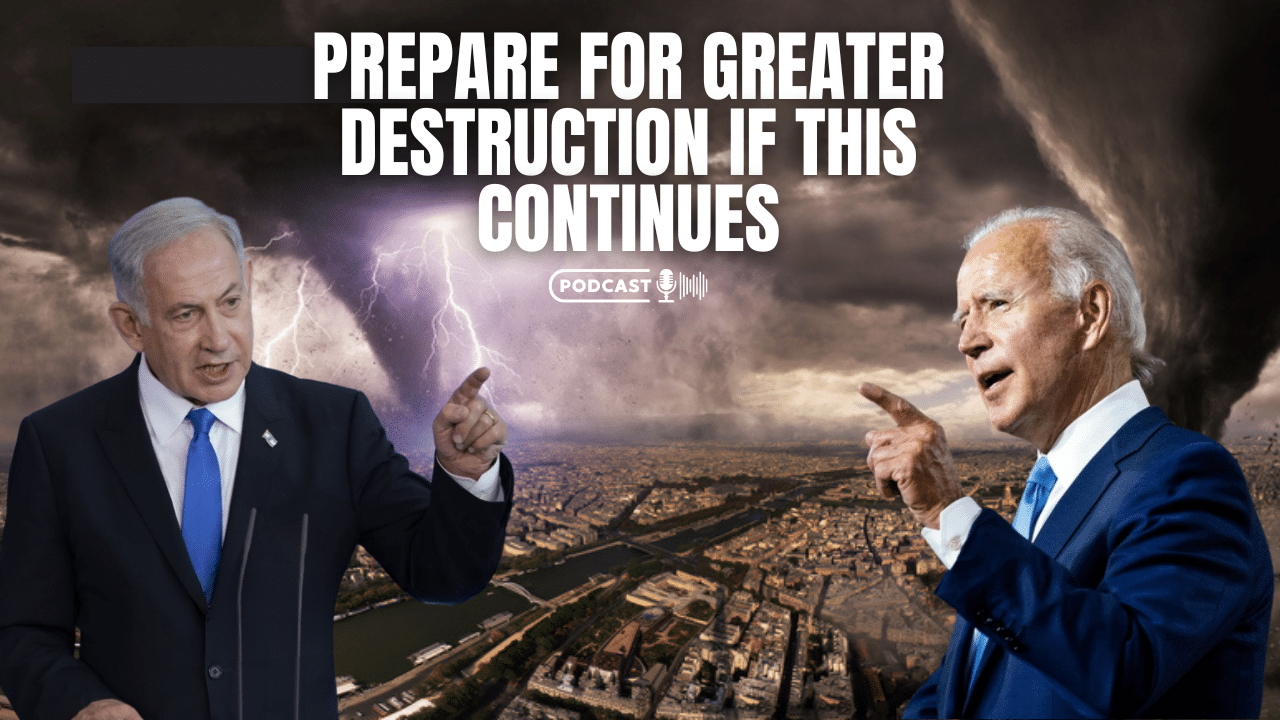If Kyiv is struck by a nuclear bomb, Serhiy Dmytruk’s biggest fear is that he will survive the blast but die anyway from hunger, thirst or cold. So he has assembled what he calls his “nuclear backpack,” crammed with enough provisions and survival paraphernalia to sustain him for a week.
Pavlo Huk, who has compiled a similar pack, is kitting out the basements of his home and his workplace, and has rented a house in the countryside, planning to equip it with a generator, food and fuel. His worry is that friends and relatives who have shrugged off the threat will die because they have not taken similar precautions.
Natalia Sulima fears only that she will be separated from her 5-year-old son Misha, and she has been drilling him on the importance of following adults to a shelter whenever sirens sound. She won’t let him out without his own version of a nuclear backpack, a school bag containing a Transformers toy, snacks, and his favorite book: “The Boy Who Lives With Dragons.” “I can’t believe we have to do this. In the 21st century,” Sulima said.
To varying degrees, residents of Kyiv are contemplating the once unthinkable possibility that their city could be targeted by a nuclear bomb. Ominous references by Russian President Vladimir Putin that he is prepared to use “all necessary means” to win in Ukraine and frequent chatter on Russian TV talk shows advocating the use of nuclear weapons have given grounds for the concerns.
Military experts assess the risk of a nuclear strike as small, and Pentagon officials have said they see no evidence Russia is making preparations to carry one out. The threat may have receded further after Putin told Russian journalists on Wednesday that Russia had not “gone mad” on the issue of nuclear weapons and was aware of the serious implications of their use.
“We have these means, they are in a more advanced and modern form than those of any other nuclear country, this is obvious,” Putin said, without ruling out that Russia would use a nuclear device. “But we are not going to brandish these weapons like a razor, running around the world.”
However, for many residents of Kyiv, the capital of the country Russia set out to conquer, the risks are sufficient to warrant at least some contingency plans. Most Ukrainians were unconvinced that Russia would invade, despite frequent warnings from the United States, Dmytruk said, and were stunned when the war broke out. “Now everyone believes there won’t be a nuclear war,” he said. “But if Russia wants to do it, Russia will do it.” He added: “It’s good to be prepared.” (SOURCE)

